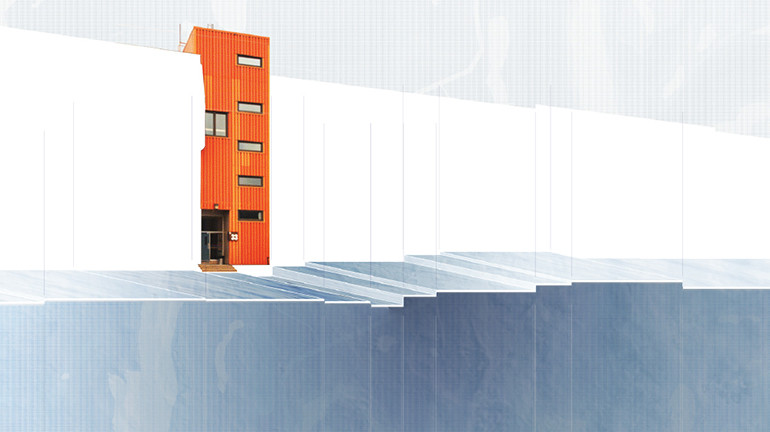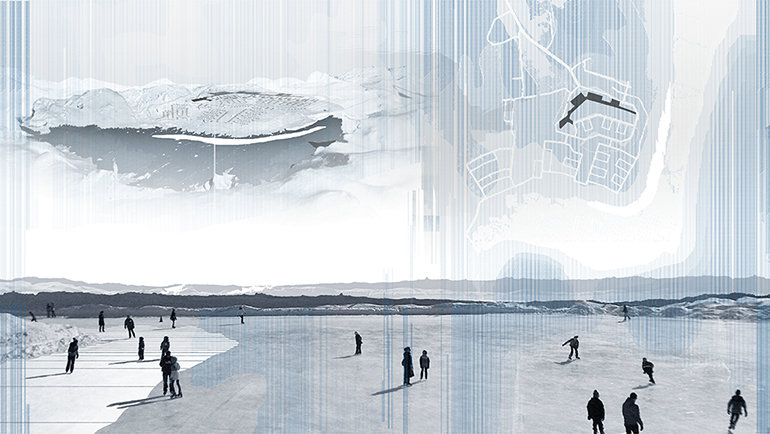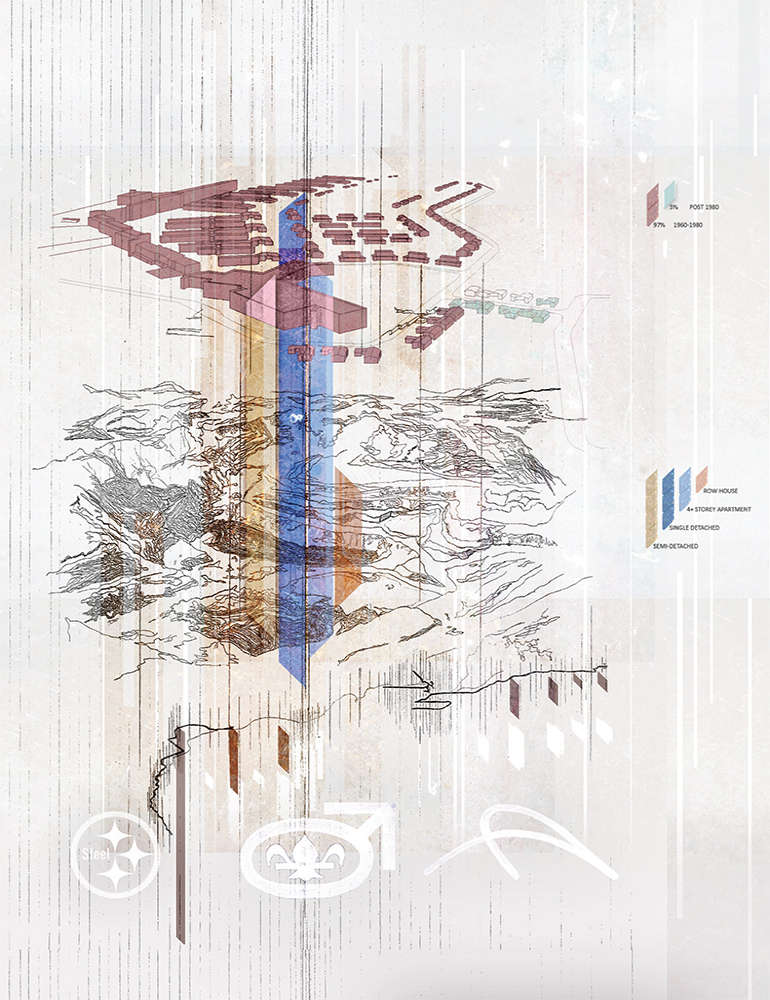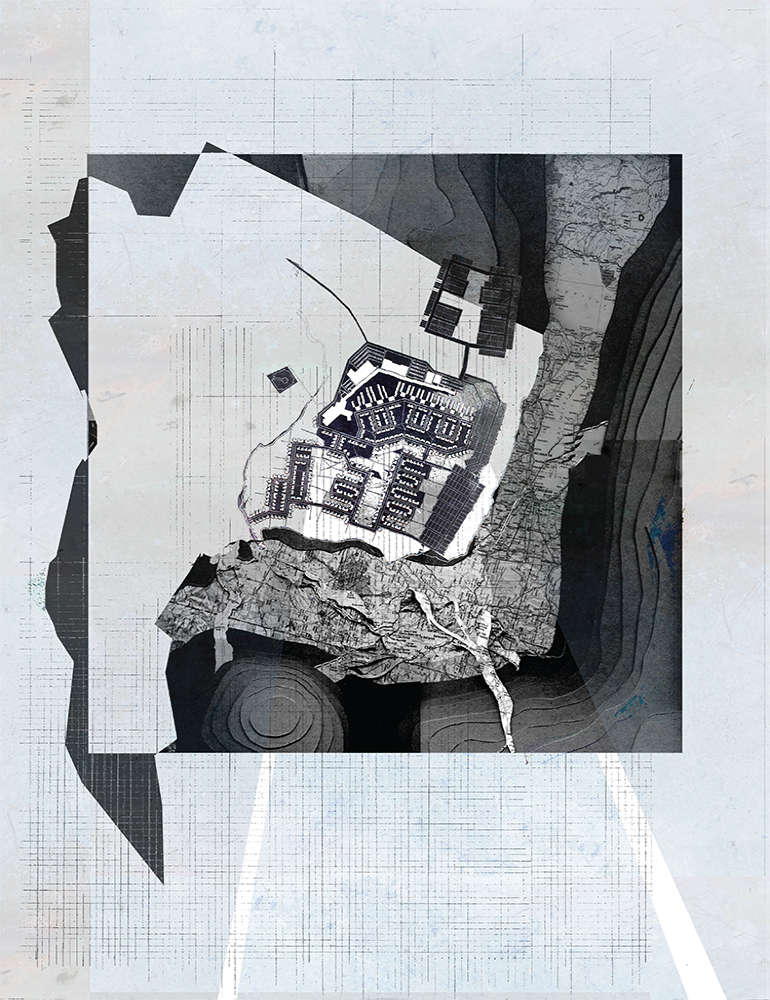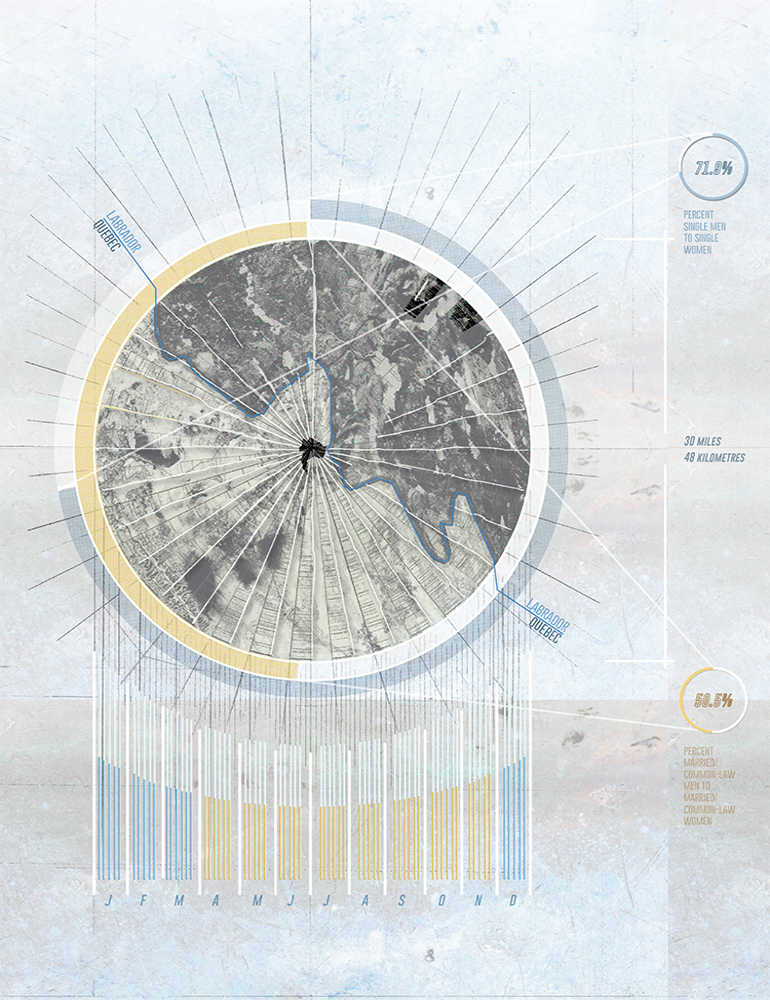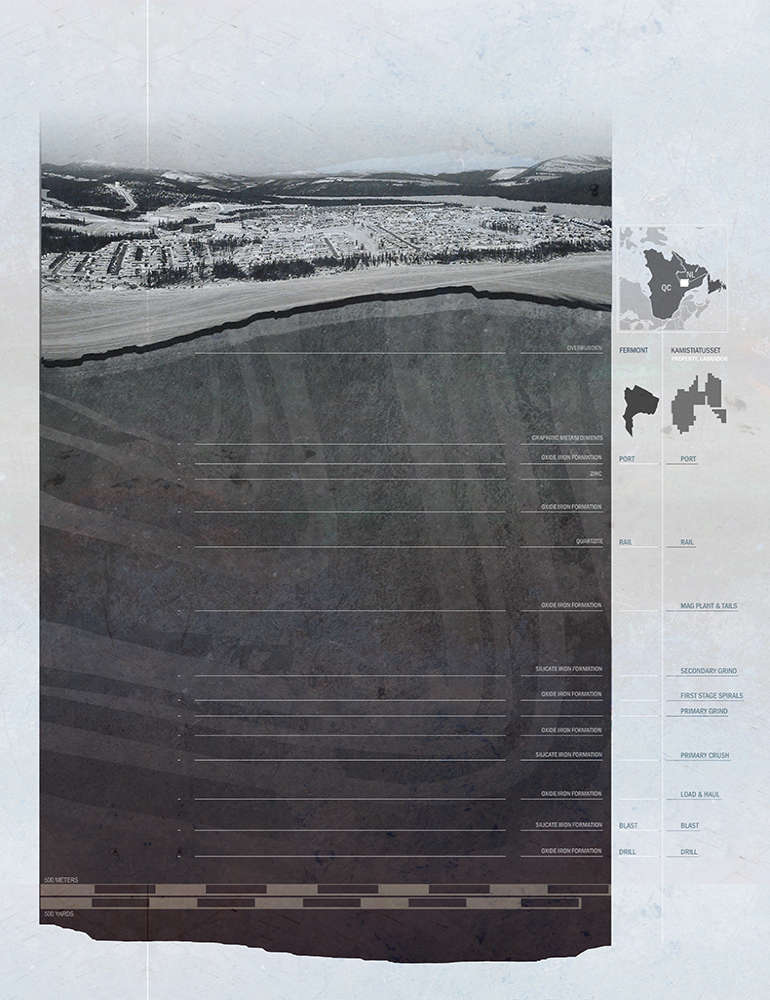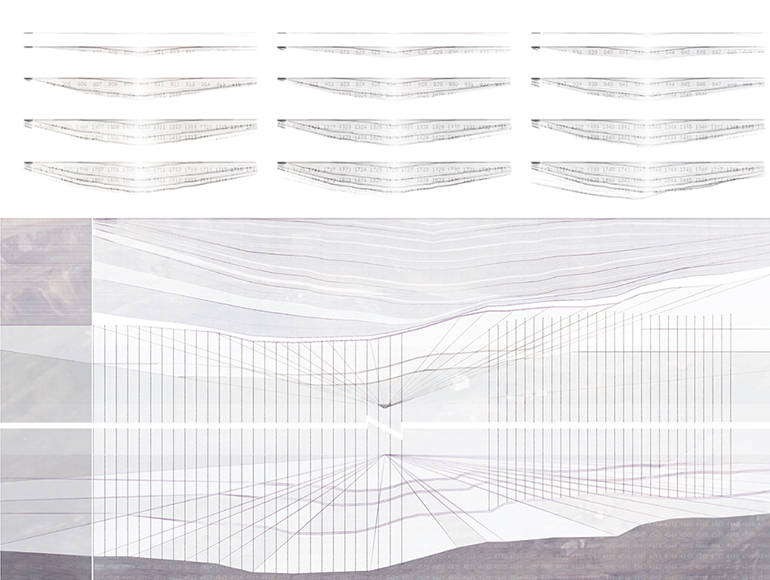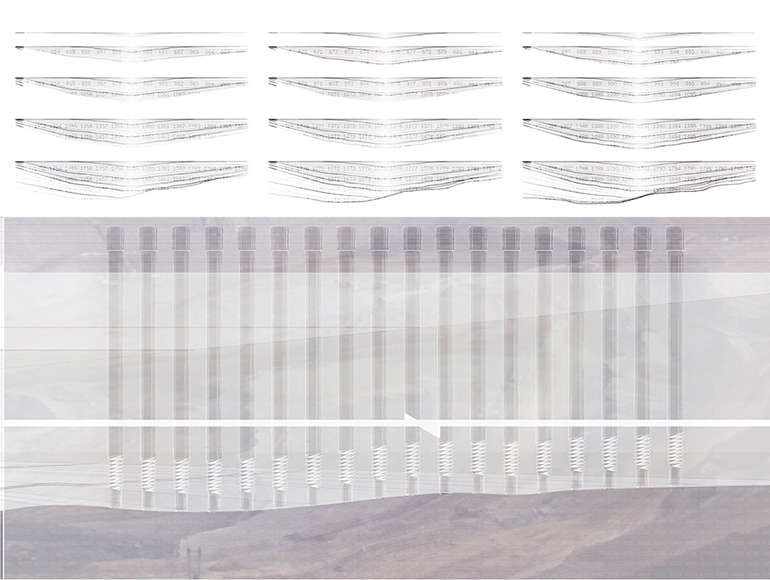Ephemeral Permanence
Project title: Ephemeral Permanence
Course title: Master of Architecture Thesis Studio
Professor/Instructor: Noah Resnick
Student: Krysia Bussiere
Course description: The fundamental goal of an architectural education has not changed in the 2,000 years since this text was written. The culmination of this knowledge and your ability to utilize it in the architectural profession is displayed and evaluated in the Masters Thesis Project. It is the contemporary tool used by the academic institution to demonstrate the student’s ability to enter and contribute to the field of architecture in both theory and practice. The process both mandates and teaches you to identify a theoretical or practical problem, conduct research to formulate an hypothesis to address the problem, and test this hypothesis through a rigorous design intervention. In doing so, a well-executed thesis project not only serves to benefit the student, but also contributes to the discourse of the architectural profession as whole.
Student work description: The initial planning stages of the remote northern mining town of Fermont, Québec was meant to address the town’s subarctic location yet also meet the needs of a population living in a remote, uniform mining town that is largely comprised of a single industry. Due to the destiny folded within its geology, further mining and, therefore, further development in the region is inevitable. Yet with towns such as this, one must always consider — sometimes duelling — notions of transience and permanence. Unique to a mining town is its ability to tremendously alter its own geography — a geography on which residents depend for the duration of their stay. Social and geographic transience are deeply rooted in the mindset of residents and play a significant role in the establishment of identity within the community. This thesis intends to explore connections between identity, transience and geological destiny through the study of geographic form and social dynamics in Fermont, Québec.

